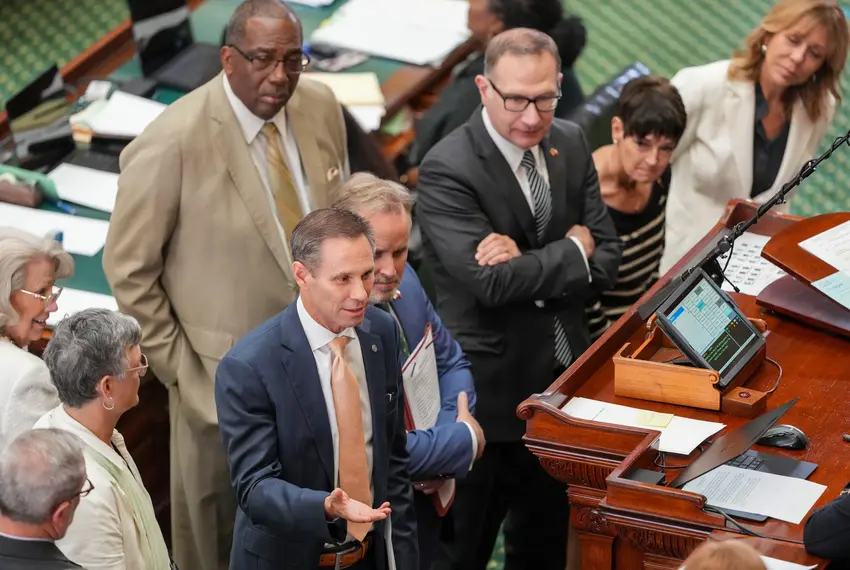- August 4, 2025
Texas Legislature Advances Bill Expanding Attorney General’s Authority to Prosecute Election Crimes

The Texas Senate has approved Senate Bill 11 (companion to SB 1026), granting the Texas Attorney General independent authority to prosecute election crimes—even without a referral from local prosecutors.
Key Highlights
-
The bill passed by a 17–12 vote during the special legislative session and marks a renewed effort to overturn a 2021 decision by the Texas Court of Criminal Appeals, which ruled the AG lacked constitutional authority to initiate prosecutions independently.
-
Under SB 11, the AG’s office may take over election crime cases if no prosecution has commenced within six months, or immediately under the Senate’s version, bypassing waiting periods entirely.
Support & Opposition
-
Sen. Bryan Hughes (R‑Mineola) authored the legislation, asserting that local prosecutors may be compromised or unwilling to pursue certain cases, making statewide enforcement necessary for election integrity.
-
Critics, including civil rights and voting‑rights advocates, warn the expansion may marginalize local autonomy and potentially intimidate voters and election officials—especially in communities less aligned with state leadership.
-
Legal experts have questioned whether statutory change alone can override the constitutional ruling; Governor Greg Abbott has urged inclusion of a constitutional amendment to solidify the authority.
Context & Political Implications
-
The effort follows rejection of a prior legislative compromise in the regular session that failed due to House–Senate split over delay mechanisms before the AG could step in.
-
Attorney General Ken Paxton, who is running for U.S. Senate in 2026, has long advocated restoring his office’s prosecutorial power, citing numerous reviews of election irregularities—though only limited convictions resulted.
-
The proposal is supported by Gov. Abbott and some election‑integrity lawmakers; however, three senators involved in the vote—Joan Huffman, Mayes Middleton, and Nathan Johnson—are also campaigning for attorney general, drawing scrutiny over potential conflicts of interest.

